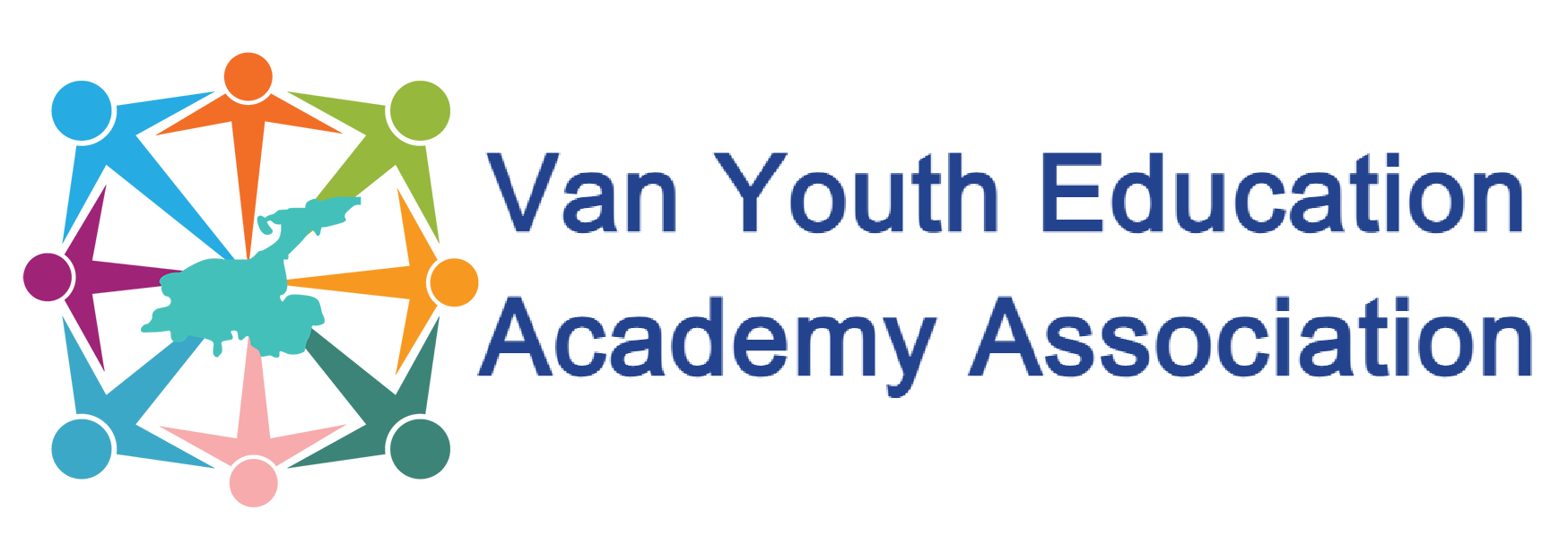Objectives
-
Enhance Digital Competence for vocational rehabilitation beneficiaries, especially individuals with disabilities, enabling them to thrive in the digital work environment.
-
Integrate Innovative Pedagogical Techniques with technology to make vocational rehabilitation more engaging, efficient, and effective.
-
Establish a Quality Assurance Framework aligned with European standards (ECVET, EQAVET) for vocational training.
-
Promote Inclusivity in vocational education and training, ensuring no one is left behind in the digital transformation.
-
Strengthen Transnational Collaboration by sharing best practices and creating adaptable models for Europe-wide application
Activities
VocTech Rehab 2.0 (April–Sept 2024, Netherlands)
-
Kick-off meeting and 5-day training for teachers/trainers working with students with disabilities.
-
Modules on digital skills, vocational rehabilitation techniques, soft skills, and quality assurance.
-
Outcome: Enhanced digital literacy, adaptability, and innovative teaching methods for trainers.
Interactive e-Book Series on Vocational Best Practices (Sept 2024–Feb 2025, Virtual)
-
Co-created by all partners, covering inclusive strategies, digital tools, and vocational methodologies.
-
Interactive format with multimedia, quizzes, and tutorials.
-
Outcome: Free, accessible resources for students, trainers, policymakers, and VET institutions.
National Workshops (Feb–June 2025, Latvia, Turkey, Netherlands)
-
Dissemination events to share project outputs, showcase digital innovation labs, and train educators on using new tools.
-
Outcome: Wider adoption of innovative, inclusive digital approaches in vocational education.
Expected Outputs
-
Enhanced Digital Competency for trainers and students in vocational rehabilitation.
-
Three Interactive e-Books consolidating best practices, accessible across Europe.
-
Quality Assurance Framework for vocational rehabilitation aligned with EU standards.
-
Increased Awareness & Inclusivity in vocational education through national and transnational dissemination.
-
Strengthened European Network of VET stakeholders, policymakers, and practitioners.




“Funded by the European Union. However, the views and opinions expressed are solely those of the author(s) and do not necessarily reflect those of the European Union or the State Education Development Agency of the Republic of Latvia. Neither the European Union nor the granting authority can be held responsible for them.”